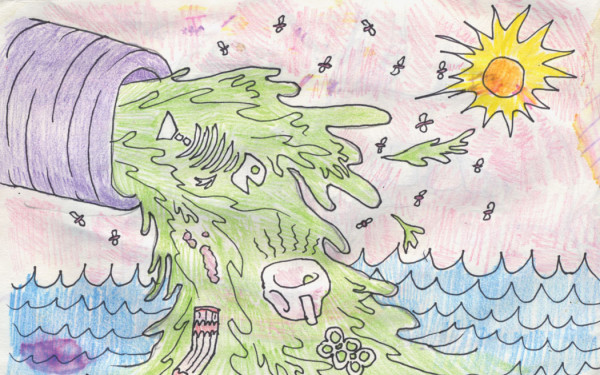Wasting Away
The Rate of our Consumption is Unsustainable and Changes Must be Made
What drives people to want more, when what they already have could be enough?
It has been said by some that the cycle of endless spending and throwing away that pervades our current model of consumerism was engineered—what manufacturers dubbed planned obsolescence. It began (some say) with standardization of light bulbs, with manufacturers ensuring they would only last 1000 hours apiece—and it’s a concept that has been radically changing the way consumers have looked at products since. Standardization increased sales astronomically, and became the template for the buy-use-dispose culture we have grown accustomed to today.
Planned obsolescence is an open secret: we live in a world where things are deliberately built to break to encourage sales. Over the course of the last 30 years, the way of business has increasingly shifted to strategies for perpetuating consumer demand and, ultimately, generating higher profits. This is exemplified with the design of printer cartridges that need replacement, toothbrushes with built-in batteries, warning lights that malfunction or go on too early and shoes that wear out in a matter of weeks.
Hype previously reserved for celebrities is now lavishly constructed around product launches to feed the orchestrated mania that corporations create around their own products.
People willingly line up for weeks to be the first to buy the newest iPhone, and will happily discard last year’s model without a second thought. Teenagers and adults alike consult fashion and design magazines for the latest styles, their closets already brimming with fast fashion and goods made in factories and sweatshops overseas.
This consumerist framework of limitless consumption is unsustainable.
Our collective consciousness has to shift away from the duty to consume, away from what has been dubbed “the organized creation of dissatisfaction”—a phrase coined by General Motors executive Charles F Kettering in 1929—and towards a society free of mindless mass consumption to ensure a comfortable future for the global ecosystem.

_900_856_90.jpg)


_600_375_90_s_c1.jpg)

